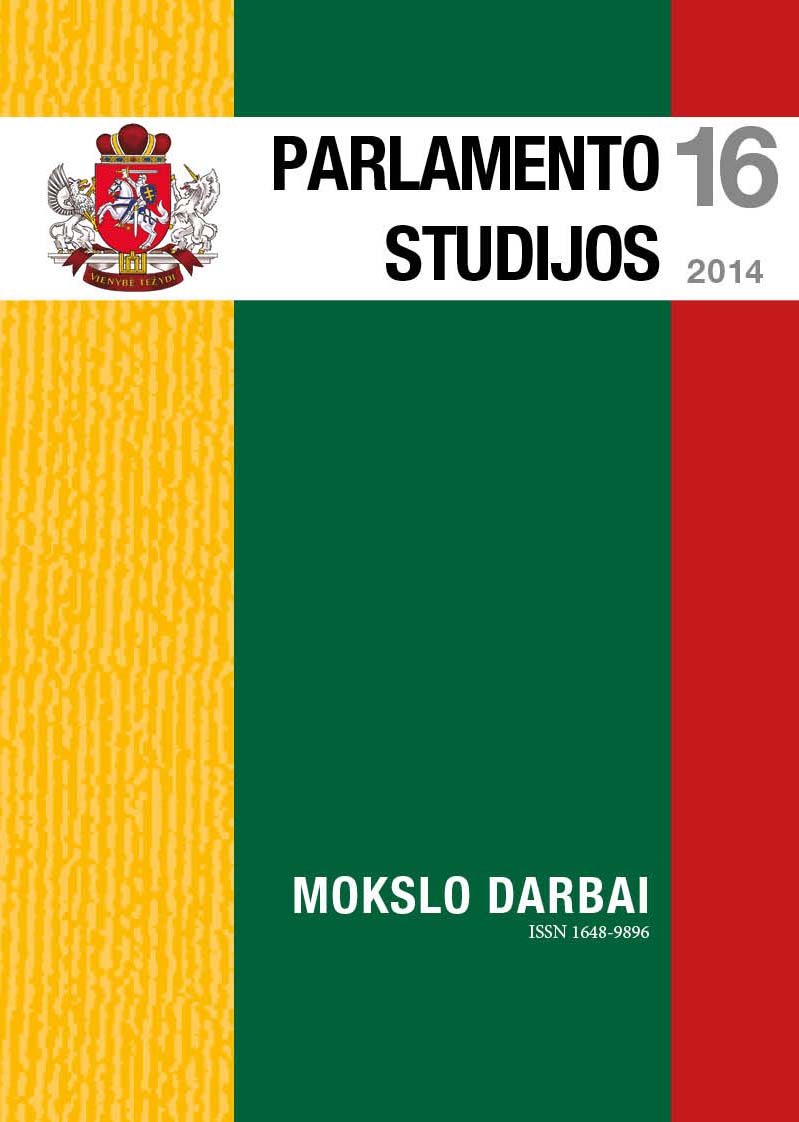The Conceptualization of Economic Recession by Lithuanian Political Parties: Legitimization and Delegitimization
DOI:
https://doi.org/10.51740/ps.vi16.223Keywords:
economic recession, Critical Metaphor Analysis (CMA), FORCE metaphor, legitimization, delegitimizationAbstract
In cognitive linguistics, metaphor is thought to be not only as a convenient way of talking about real life events but also thinking about them: connecting ideas, explaining abstract and difficult to grasp ideas, conveying messages, emotions, etc. In political discourse, metaphor is seen as an ideological tool of deliberate attempts to influence, persuade and manipulate people. As Charteris-Black put it, politicians try to establish themselves in a positive light or legitimise themselves, i.e. presenting evidence that they are charismatic leaders who are capable of running their country efficiently. Legitimisation goes hand in hand with delegitimisation, i.e. negative other-presentation. Metaphor being a cognitive mechanism of ideology may serve both as positive self-representation and as a tool for fault-finding in others. Thus, the study focuses on how Lithuanian two socio-political groups (the leading party and the Opposition) legitimize themselves and delegitimize the opponents using force metaphor while conceptualizing the worldwide economic recession. The findings indicate that although the same conceptual metaphor is used for legitimization and delegitimization, its fulfilment scenario appears to be markedly different and it carries different rhetorical implications in the three discourses.








 The metadata of the scholarly journals and publications of the Lithuanian National Martynas Mažvydas Library is distributed by
The metadata of the scholarly journals and publications of the Lithuanian National Martynas Mažvydas Library is distributed by 